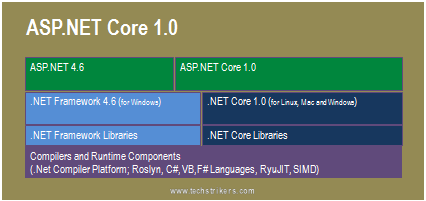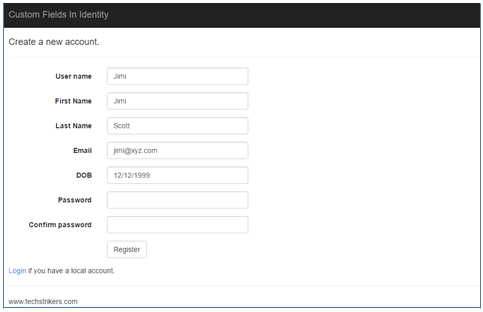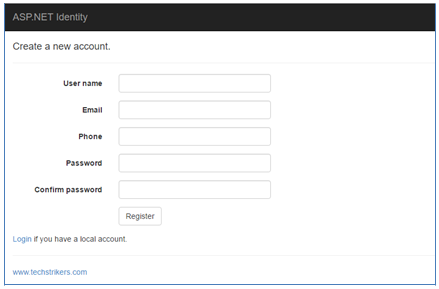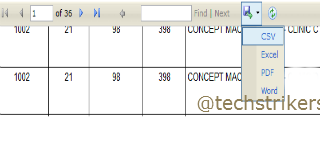Type Conversion in C
In the C programming language, type conversion, also known as type casting, is the process of converting a value from one data type to another. It allows you to perform operations on different data types and ensure compatibility between them. Type conversion can be implicit or explicit, depending on whether it is done automatically by the compiler or explicitly specified by the programmer.
There are two types of conversion in C
- Implicit Type Conversion (automatically)
- Explicit Type Conversion (manually)
Type conversion is particularly useful when dealing with mixed data types, such as when reading input from the user or performing calculations involving different data types. However, it is important to be cautious when performing explicit type conversions, as it can result in loss of precision or unexpected behavior if not done carefully.
Implicit Type Conversion
Implicit type conversion, also called automatic type conversion, is performed by the compiler when compatible data types are used in an expression. It occurs when a value of a smaller data type is assigned to a variable of a larger data type or when different data types are involved in arithmetic operations. For example:
In the above example, the integer num1 is implicitly converted to a float so that it can be added to the float num2. The result is stored in the float variable result.
Explicit Type Conversion
Explicit type conversion is when the programmer explicitly specifies the conversion between data types. It is done by using type casting operators. The syntax for explicit type conversion is:
Example:
In the above example, the float num1 is explicitly converted to an integer using (int)num1. The fractional part of num1 is truncated, and the integer value is assigned to num2.
Type Conversion Functions
C provides a set of standard library functions for explicit type conversion. These functions can be used to convert values between different data types.
atoi() function: Converts a string to an integer.
In the above example, the string "12345" is converted to an integer using the atoi() function.
atof() function: Converts a string to a float.
In the above example, the string "3.14" is converted to a float using the atof() function.
itoa() function: Converts an integer to a string.
In the above example, the integer num is converted to a string using the itoa() function.
It's important to note that type conversion should be used carefully to avoid data loss or unexpected behavior. Make sure to understand the data types involved and their range before performing any type conversion.
Handling Data Loss
When converting from a higher to a lower data type, data loss can occur. It's important to be aware of this potential loss of precision.
In the example above, the float num1 is explicitly converted to an int using the (int) casting operator. As a result, the fractional part of num1 is truncated, leading to data loss.
It is also important to note that not all data type conversions are valid or meaningful. For example, converting a string to an integer directly using type casting is not allowed. In such cases, you need to use appropriate functions or techniques for conversion, such as the atoi() or atof() functions for string to numeric conversions.
Understanding type conversion in C is crucial for writing code that handles different data types correctly and efficiently. By knowing when and how to perform type conversions, you can ensure that your program behaves as expected and avoids potential errors or inconsistencies in data processing.









